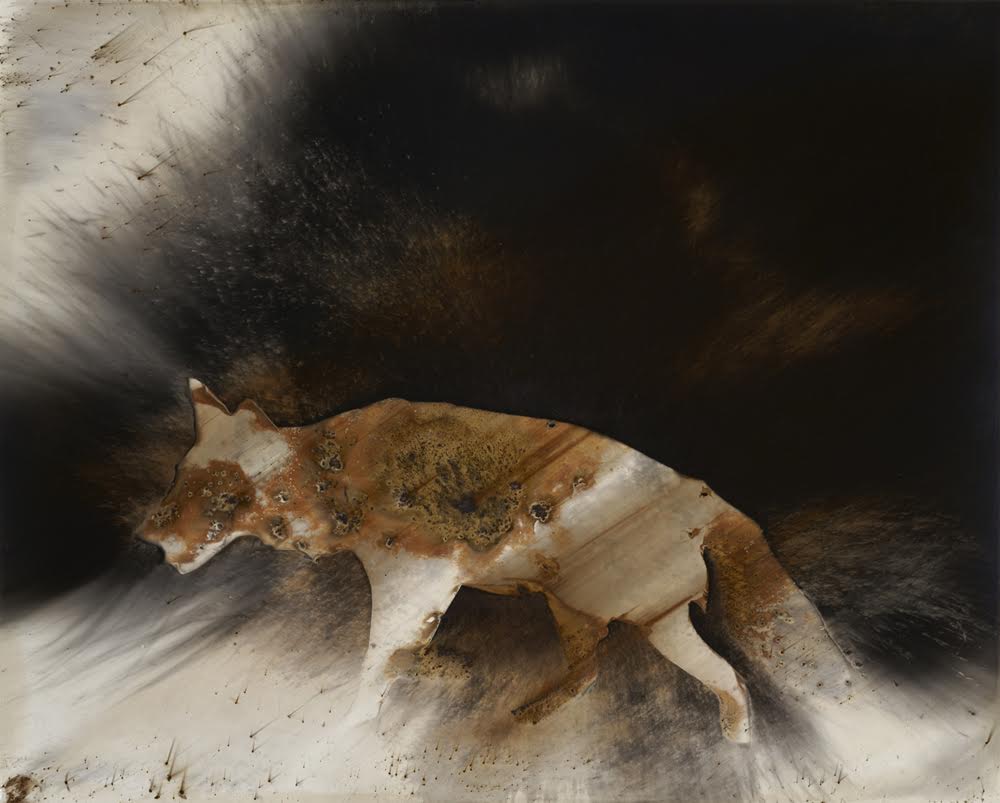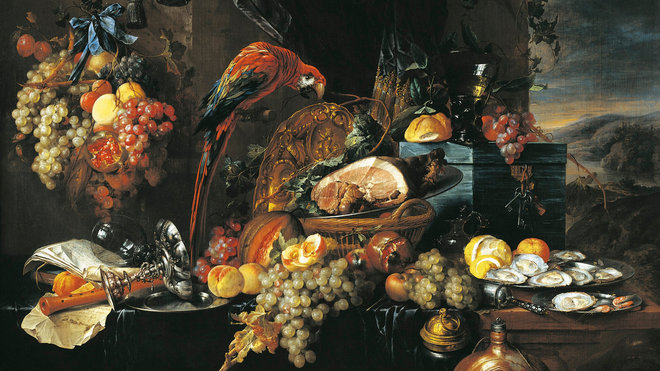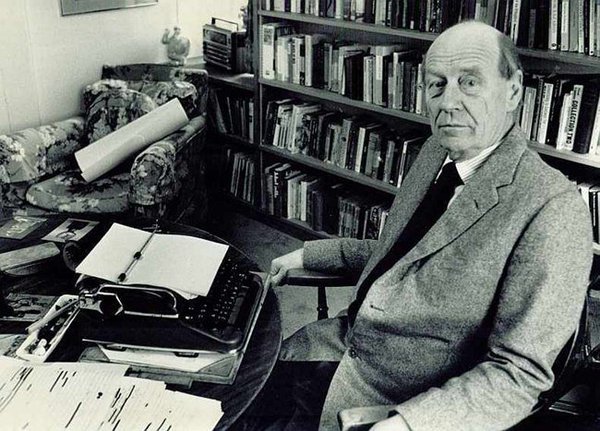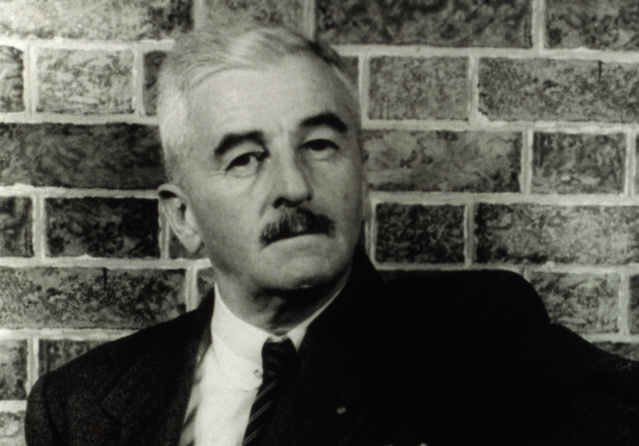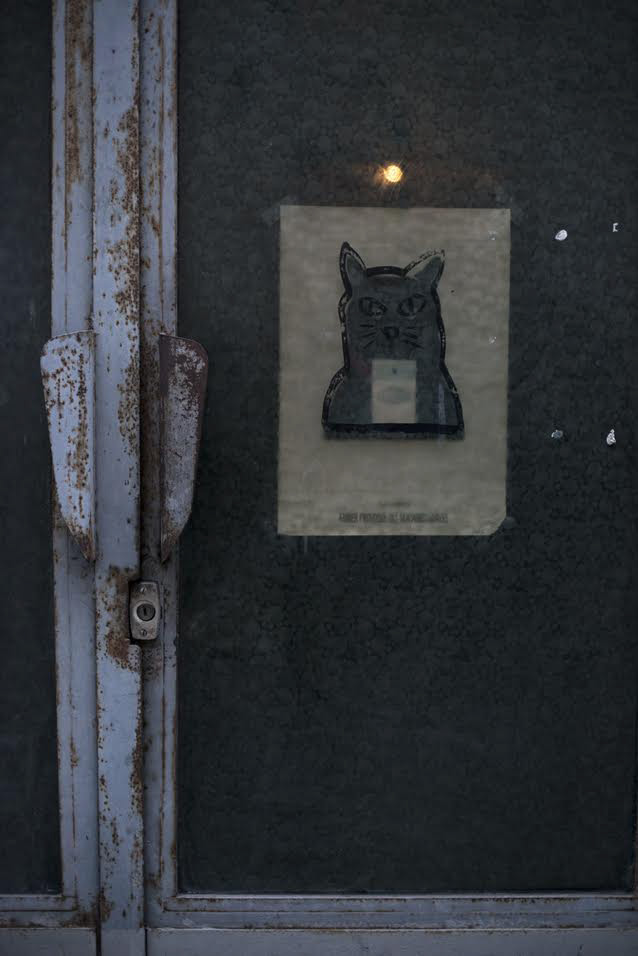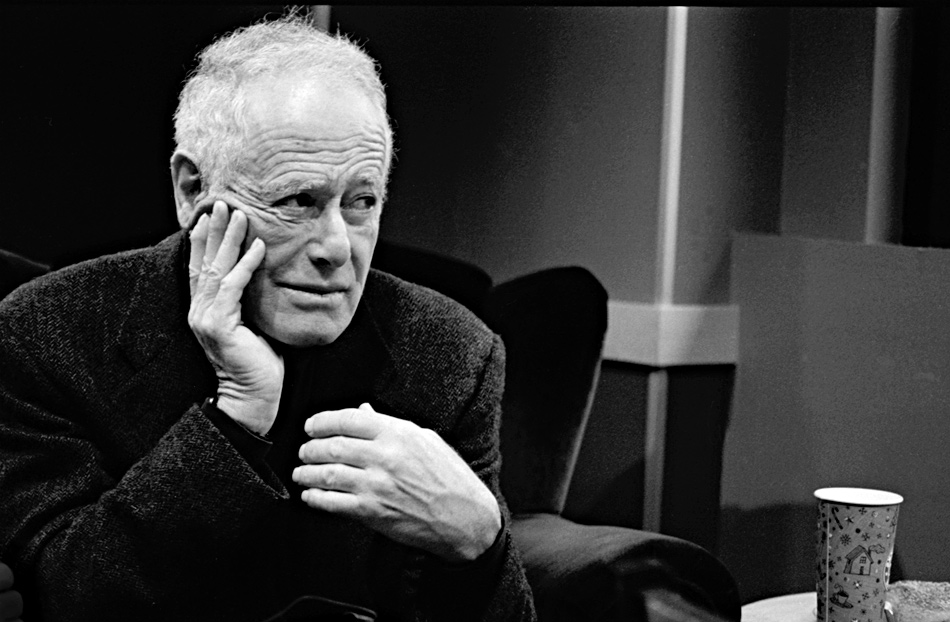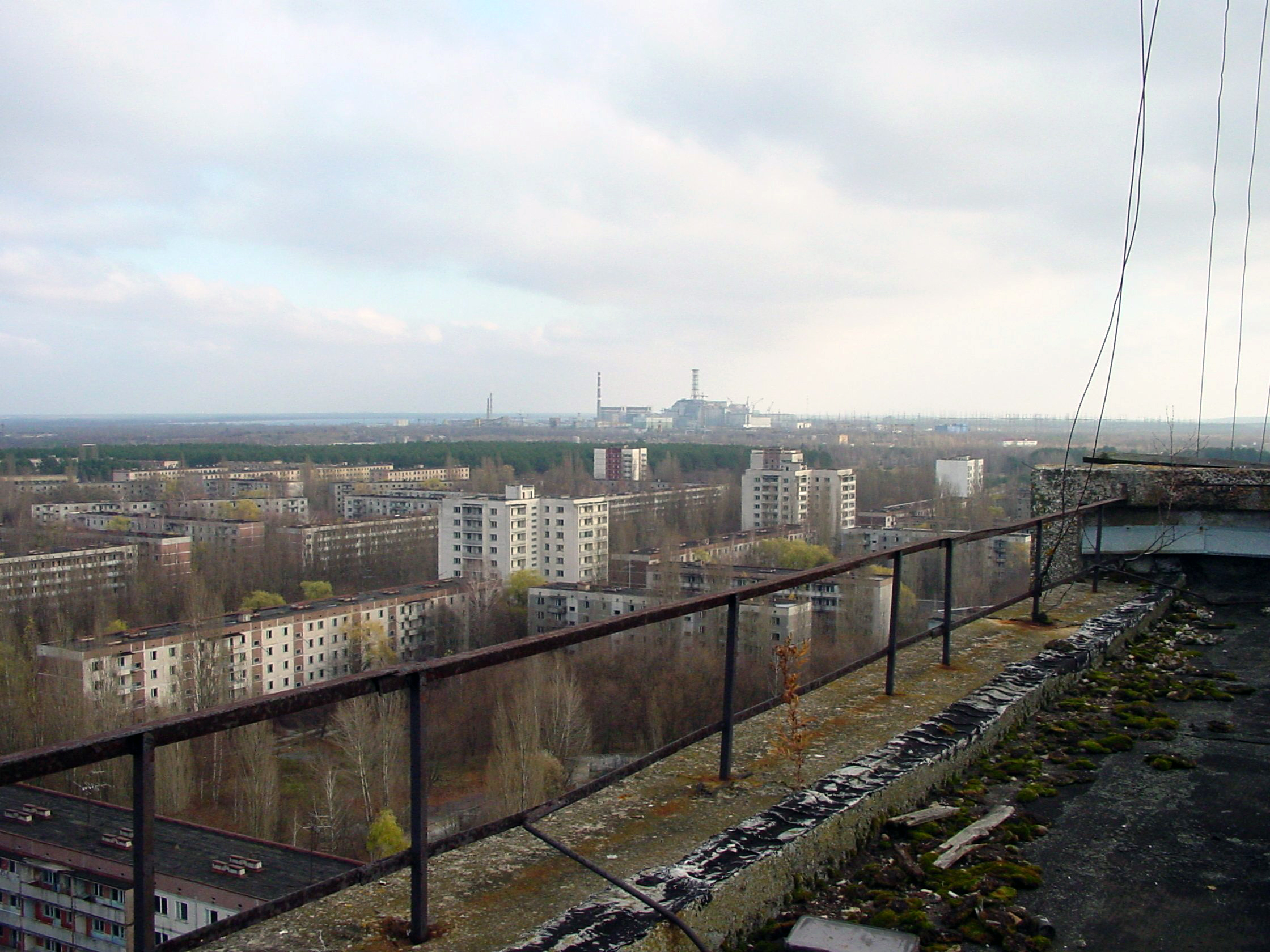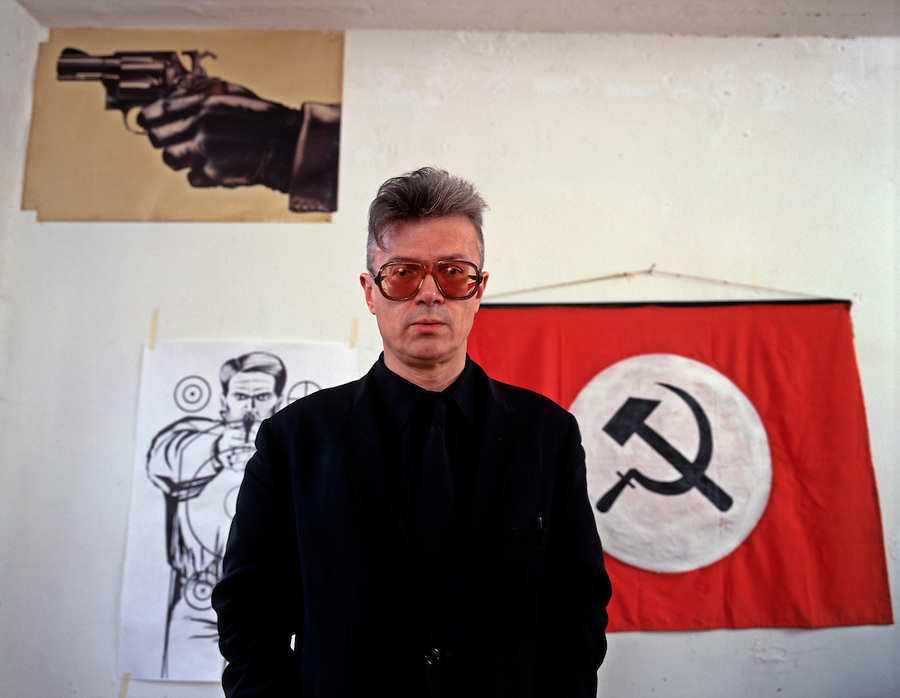Michael Robbins’ poem in the Spring 2017 issue of the Paris Review:
You haven’t texted
since Saturday,
when I read Keith Waldrop’s
translation of Les Fleurs du mal
on a bench by whatever
that tower is on the hill
in Fort Greene Park
until you walked up
late as always and I do
mean always
in your dad’s army jacket
and said “Hi, buddy”
in a tone that told me
all I needed to know,
although protocol dictated
that you should sit next to me
and spell it out
and we should hold each other
and cry and then pretend
everything was fine, would
be fine, was someday
before the final
trumpet, before heat death,
zero point, big rip
sure to be absolutely
perfectly completely
probably fine. And
though it wasn’t and
wouldn’t be,
I walked you to the G
then rode the C
to Jay Street–MetroTech.
Just now I took a break from
this retrospect
to smoke one of the Camels
in the sky-blue box marked
IL FUMO UCCIDE
you brought me from Italy
and page through a book
on contemporary physics.
“Something must be
very wrong,” it said,
and I agreed,
although it turned out
the author meant that “no theory
of physics should produce
infinities with impunity.”
I’d point out that every theory
of the heart
produces infinities
with impunity
if I were the kind of jerk
who uses the heart
to mean the human
tendency to make
others suffer
just because we
hate to suffer
alone. I’m sorry
I brought a fitted sheet
to the beach. I’m sorry
I’m selfish and determined
to make the worst
of everything. I’m
sorry language is a ship
that goes down
while you’re building it.
The Hesychasts of Byzantium
stripped their prayers
of words. It’s been tried
with poems too. But insofar
as I am a disappointment
to myself and others, it seems fitting
to set up shop in almost
and not quite and that’s not
what I meant. I draw the line at the heart,
though, with its
infinities. And I have to say
I am not a big fan
of being sad. Some people
can pull it off. When
we hiked Overlook, you
went on ahead to the summit
while I sat on a rock
reading Thomas Bernhard.
I’d just made it to the ruins
of the old hotel
when you came jogging back down
in your sports bra
saying I had to come see the view.
But my allergies were bad
and I was thirsty,
so we headed down the gravelly trail,
pleased by the occasional
advent of a jittery
chipmunk. You showed me pictures
on your phone of the fire
tower, the nineteenth-
century graffiti carved
into the rock, and the long
unfolded valley
of the Hudson. At the bottom,
the Buddhists let us
fill our water bottles
from their drinking fountain.
We called a cab and sat
along the roadside
watching prayer flags
rush in the wind. I said the wind
carried the prayers
inscribed on the flags
to the gods, but Wikipedia
informs me now that
the Tibetans believe the prayers and mantras will be blown by the wind to spread good will and compassion into all pervading space.
So I was wrong, again,
about the gods. Wherever
you are, I hope you stand
still now and then
and let the prayers
wash over you like the breakers
at Fort Tilden that day
the huge gray gothic
clouds massed and threatened to drop
a storm on our heads
but didn’t.


